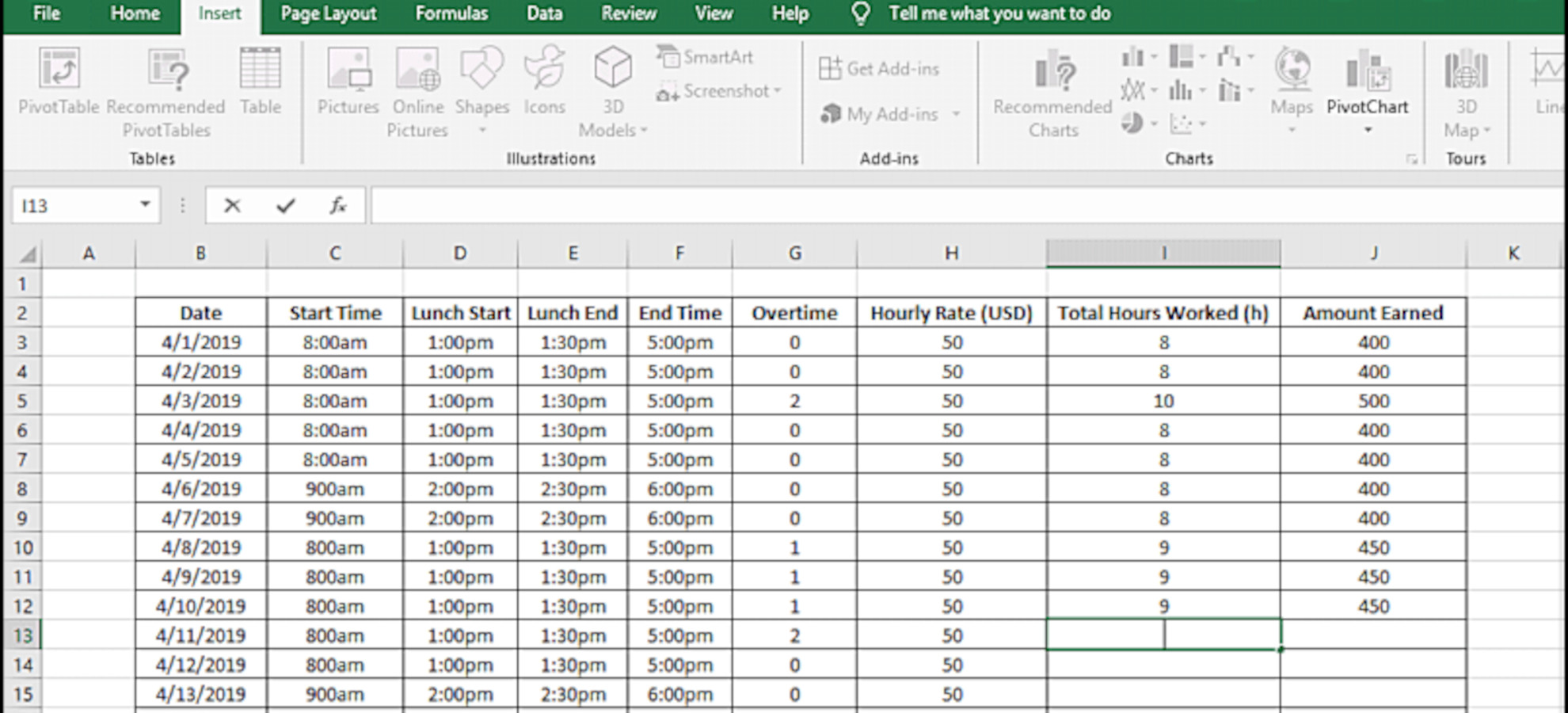How to Run a Demo Test for Sports Betting

There are two main ways to approach betting on sports. One is to do it mainly for entertainment. The other is to do it like a professional, with the goal of making a consistent income.
If you are in the latter camp, you will put a lot of time and effort into developing your strategies for making wagers.
But how do you know whether those strategies will pay off? Well, you could plunge right in and put real money on the line, but that is not necessary (and often not affordable).
What we recommend you do instead is start out by conducting a demo test! This guide will walk you through how to do it one step at a time. But first, let’s explain some basics about demo testing and why you need it.
What is a Demo Test?
A demo test is a real-time run-through of your betting plan and strategies, but without real cash on the line.
That means that you are only making your bets on paper. But you find out in real-time how those bets play out and whether you win or lose.
So, you get to learn if your methods are likely to work or not without going broke from your mistakes (and yes, your strategies probably do need some work before you go live with real money).
Where Does the Concept of Demo Testing Come From?

We couldn’t really think of an image that would convey “concept”, but you know what we mean!
People have been demo testing in various contexts for decades, including sports betting. But it is most common to hear about the idea of conducting a demo test when we are talking about trading (forex, for example).
Forex and sports betting are actually similar in a lot of ways. Both require skill if you want to succeed, but both also are heavily influenced by luck. And in both cases, you actually can make a living, but only if you really know what you are doing.
In multiple respects, sports betting is arguably the more challenging of these activities. Your win/loss ratio will only ever be narrowly in your favor. Also, you have to develop an edge, despite having fewer resources to work with than the bookies.
For those reasons, it is extra worthwhile to demo test before you finally wager real money. You need to do as much as you can to pave a smooth road to success. By identifying some of the pitfalls in advance, you can avoid falling into them.
What are the Reasons for Running a Sports Betting Demo Test?
Demo testing offers quite a few benefits to sports bettors.
- Check If Your Strategies Work
Demo testing is your opportunity to verify the effectiveness of the methods you plan to use for sports betting and to do so without any risk.
Especially if you are a beginner, you should actually expect to fail at the outset. It is really hard to become a sharp! So, it is almost a guarantee that taking the time to demo-test your methods will save you money and headaches.
- Keep Saving Money For Your Bankroll
Speaking of saving money, you are probably going to take a few months to conduct your demo test. During that time, you can set aside more and more cash for your bankroll. When you are ready to place real wagers, you may be able to afford to bet more than you would have if you funded your account and made real bets immediately.
The larger your account is when you first start making sports bets, the more rapidly you may be able to build it up into something substantial.
- Work Out Scheduling Issues
What are the other obligations you need to juggle while you bet on sports? Do you have a day job? Can you bet at work, or is that impossible? Are you planning to wager on games while they are in play? What times of day or night are the games on?
You have certainly answered all of these questions for yourself in theory as you came up with your betting strategies. But only by putting them into practice in real time can you figure out whether you really can fit your betting in around your current routine as you planned it. In some cases, you might end up needing to modify your plans to be more realistic.
- Get Used To Some Of The Pressure
If this is your first time betting on sports with serious intent to win, you may be unprepared for some of the emotional tension that can go with making your wagers. Doing a demo test can give you a preview of the psychological side of betting. Even though you do not have real money at stake, you still are heavily invested in the results since they will determine whether or not you can move forward.
If you do find it challenging to deal with your emotions when you are demo testing, you can expect it would be significantly more difficult when real money is at stake. But at least you will have an idea of what you should prepare for before you take your next step.
- Periodically Test Again To Revise Your Strategies In The Future Or Try Out New Ones
You might think that demo testing is something you do only at the beginning with sports betting. But actually, you will find yourself doing it routinely as you become more experienced. You might demo test anytime you have come up with a potential way to improve your strategies, or when you want to try out something completely different.
Do Online Sportsbooks Offer Demo Testing?
For the most part, no, we do not see sportsbooks online offering the ability to demo test directly through their platforms.
Thankfully, you do not have to demo test this way. It works just fine with a regular spreadsheet. The only thing you lose out on is practicing filling out the betting slips.
7 Steps to Run Your Own Sports Betting Demo Test
Below are step-by-step instructions to help you get started with demo testing. We will assume that going into the process, you already have a betting strategy.
- Figure Out Where You Will Bet Online.
To get started, you need to know where you will be making your wagers. Identify at least several websites so that you have more opportunities than just one site would bring you.
- Open Your Accounts.
We suggest you open accounts on the sports betting sites where you will be wagering. You can do it later, but it is good to start familiarizing yourself with the navigation and features early. On some sites, you also need to sign in to easily navigate to the sportsbook and view the bets.
- Make a Spreadsheet.

Once you start to see your wins and losses, this part will actually become more fun!
Next, you need somewhere to record your bets and results. The easiest place to do this is in a spreadsheet. That way you can make neat rows and columns and also put in formulas to run some calculations for you.
At the top of the spreadsheet, write down your starting bankroll. Any amount is fine since it is not real money, but you should probably pick a number that is realistic. So, if you will open your real account with $200, for example, start your demo “account” with $200 in your spreadsheet.
Then, make columns for:
- The date and time of each bet.
- What sport you are betting on.
- What type of bet you are making.
- The odds when you make the bet.
- The sportsbook where you would have placed the wager.
- The amount of money you would have staked.
- The reason for the wager according to your strategies.
- The result (win or loss).
- Your profit or loss in dollars.
- Any additional notes you want to take.
Off to the side, create cells for tracking some statistics, such as:
- A running total for how much money is in your “account.”
- Your average win size.
- Your average loss size.
- Your total number of wins.
- Your total number of losses.
- Your win/loss ratio.
- Your net profit divided by your largest loss.
If you program in formulas, these cells will update automatically as you conduct your test, allowing you to see easily whether you are profitable or not.
Somewhere on the spreadsheet, it is also wise to write down your strategies and rules for money management. That way, you will understand the overall parameters for the test when you look back at it later.
It might feel tedious creating this first spreadsheet, but it is the only time you will have to put in all of this effort. The next time you start a test, you can just make a copy of the same spreadsheet, erase the data you have recorded, and start anew.
- Look For Possible Bets.
Now that you have your spreadsheet and you are set up with your betting accounts on sites you will use for real one day, you can get started with the test. Pretend you are going about your real, live betting routine. Follow news, look at statistics, watch matches, calculate odds, and do whatever else you are planning on doing to identify prospective bets.
- Bet On Paper.
See a wager that might be worth placing? Again, do what you need to do to complete your analysis, just as you would if you were really going to fill out a betting slip and submit it.
Once you are sure you would take that bet with real money, go to your spreadsheet and write it down. Fill out all of the columns that we discussed, and wait.
- Record Your Results.
You will be able to fill in the results columns after you discover whether your demo wager was a win or a loss. When you input the amount you would have won or lost, the cells you put in with formulas for statistics will update, and you will be able to see how that win or loss has impacted the overall results for your test.
Note: There are online calculators that will help you figure out your profit or loss given your stake size and the odds. So, you do not need to calculate it by hand every time.
- Revise As Needed, And Test Again.
Over time, a picture will emerge from the stats you are tracking. If you find out that it is a portrait of profitability, you might be in great shape for moving to live betting with real money. But if it is not a profitable portrait, that suggests that you may need to revise your strategies and start a new test.
You can do this as many times as necessary until you are profitable on paper. Once you are, you might be able to profit with real money as well.
How Long Should a Sports Betting Demo Test Last?

How long should this all last? Ultimately, that’s going to be a choice that you have to make!
While we have looked around, we have not seen much in the way of advice as to the recommended length for sports betting demo testing.
A common recommendation in the forex world is four to six months of demo testing. But forex traders will point out that you might need a longer or shorter period of time to test the same amount of trades compared to another person depending on your strategies.
We do think that four to six months of demo testing makes sense from a time standpoint; it gives you a good amount of time in which to settle into a routine and really get a feel for what sports betting is like before you risk real money.
But we also think you should consider the number of demo bets you place when deciding on how long to test.
Ask yourself how much data you need to gather to really grasp whether your system is working or not. Keep in mind you might have winning streaks and losing streaks. If you do not gather enough data points, these streaks might throw off your perception of your overall success.
You likely are going to want to place at least a few dozen bets on paper before you can start feeling comfortable about betting with real money. You might want to make it a couple hundred.
Tips for Success Conducting Your Sports Betting Demo Test
Finally, let’s close out this guide to demo testing sports betting by offering you some tips that can help you get the most out of your testing experience.
- Make Your Notes Super Detailed.
It can be tempting while testing to just record numbers and nothing else. And at a minimum, that is okay, but if that is what you confine yourself to doing, you will really be holding yourself back.
We suggested earlier you make a column for the reason for your wager as well as another for any additional notes you want to record.
Those additional notes could be anything. Think of them as short diary entries where you talk about your thoughts and feelings surrounding the bet. How confident were you when you made the bet? Did you deviate from your rules at all? Were you feeling excited? Nervous? Frustrated?
Some of the details you choose to record might seem like they are unnecessary at the time you write them down. But as you continue your test, you might find out just the opposite.
For instance, you might have a number of losses you are having a hard time accounting for scattered across your test. You are pretty sure you did not make any major strategic mistakes. At the same time, you cannot chalk up the losses to bad luck. You just feel like there was something “off” about them.
Skimming back through the notes you took, you could discover a pattern. Maybe on every one of those occasions, you wrote down that you were feeling frustrated and desperate. Perhaps those emotions were messing up your interpretation of your analysis or compelling you to take bets that were not quite up to par.
In the future, you take to avoiding making bets when you are having those emotions of frustration and desperation, even if the bets look good at the time. Surely enough, you see your results improve. But you never would have made the connection or the improvement if you had not been taking extra notes.
- Be 100% Honest At All Times.

These are all great traits here, but for this one we really want to push the honesty!
It is quite easy to lie to yourself when you are conducting a test, especially when you are doing it 100% by hand in a spreadsheet.
You are on an honor system with yourself. And there could easily be times when you are tempted to fudge a few details.
Picture a scenario where you are feeling on the fence about a bet. Then you take it. The wager loses. You are about to write down the result, but then you think, “Would I really have taken this bet in real life? Probably not. It really is not representative of my approach. I only took it on paper because I am feeling off today. So, I am going to skip recording it. Then I will have a more accurate impression of my results.”
Of course, these are all just a lot of rationalizations, but they may feel persuasive in the moment.
If you lie as you are testing, you will eventually forget a lot of your lies later. Your results may be inflated, and you might not know how inflated they are. This makes it pretty hard to interpret whether or not you should go live with real money. It also makes it harder to identify mistakes you should avoid in the future to improve your results.
- When You Are Ready To Go Live, Fund Your Account At 50%.
Our last recommendation concerns what you do after your demo testing for sports betting is finally complete. When you feel ready to fund your account, only put in half of what you intend to start betting with.
This might make you impatient after you have done so much waiting and hard work in preparation for betting with real money. But you probably will be glad in short order that you decided not to play with 100% of your funds yet.
The reason why is because even with all the exposure demo testing has given you to betting, you still have not experienced the raw emotions that come with real money on the line. Some of your own reactions could surprise you. Plus, there may still be things that could go wrong when you start betting with real money.
So, you should transition into real money betting gradually. If you are profitable after a couple months at 50%, deposit the rest of your money and start betting with the full amount.
Start Testing Your Strategies for Sports Betting Now
Now you have a primer on how to run a demo test for sports betting. Are you ready to demo test your betting strategies? Then you are going to need to find some reputable sites offering competitive odds for the sports you want to bet on.
Take a look at our reviews to find out where to wager. At a minimum, we recommend that you select several sites. You are going to need more than one sportsbook to shop the odds and maximize your chances of success.


